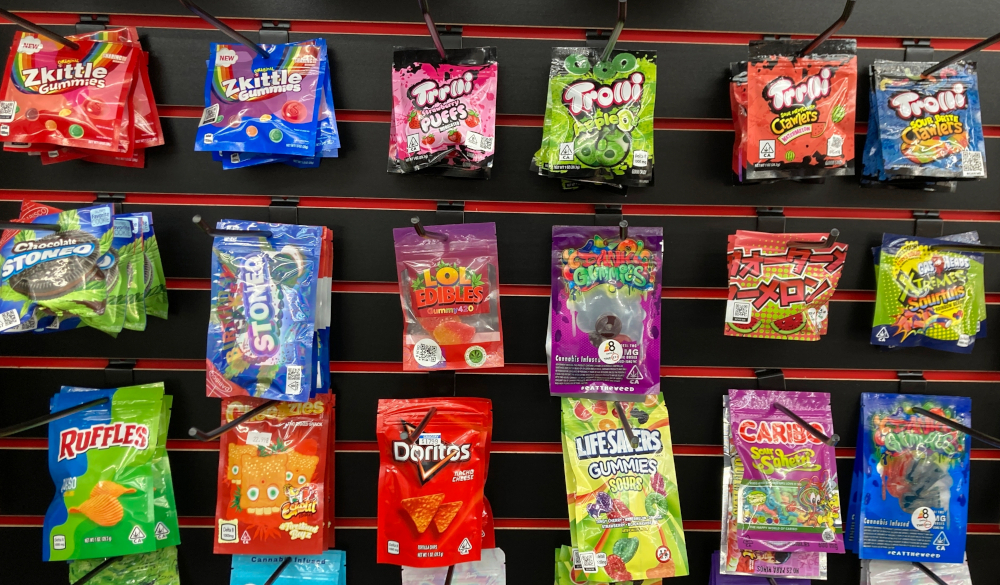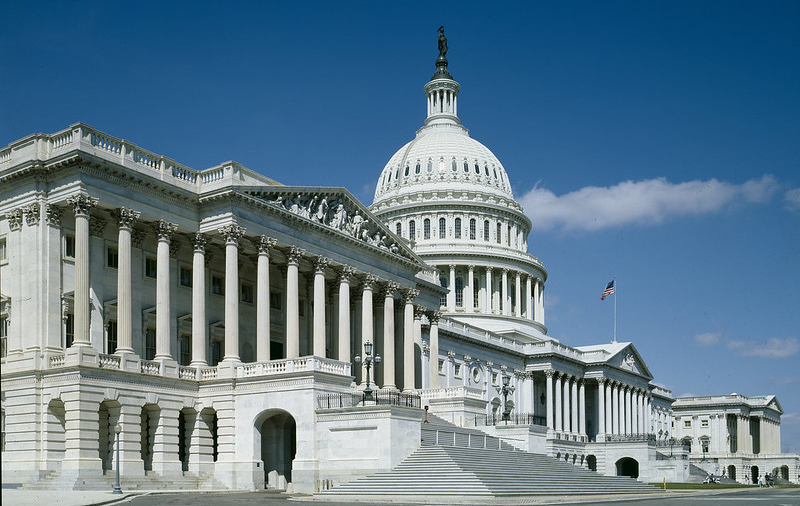Delay of the 2023 Farm Bill, and differences among hemp stakeholders are likely to keep the industry off balance after massive contraction over the past two years.
Stakeholders had been counting on the Farm Bill to advance industry goals and address critical issues, specifically CBD and other hemp-derived cannabinoids, and marijuana-like psychoactive products downstream from those hemp compounds.
While a stopgap bill signed by President Joe Biden provides funding for essential farm programs and food assistance (the biggest programs in the five-year Farm Bill) hemp and other issues are not likely to be resolved until September 2024. And the U.S. Congressional Research Service has said differing priorities among some cannabis constituencies are likely to complicate hemp policymaking in the meantime.
The Farm Bill (officially, the Agriculture Improvement Act of 2023), a $1 trillion spending package passed every five years, is an opportunity for a desperately needed reset that can clarify hemp rules for businesses and protect consumers. Changes are especially needed to shore up language in the 2018 Farm Bill, which legalized hemp federally but didn’t account for some products made from the hemp plant’s flowers.
CBD rules are priority
Most important is regulating CBD as a food additive and dietary supplement. Stakeholders have repeatedly called on the U.S. Food & Drug Administration (FDA) to allow CBD to be added to food or marketed as a dietary supplement – to little avail.
The FDA, in turn, has called on Congress to set rules for CBD products through legislation, suggesting the agency’s existing authorities are not able to manage many of the risks associated with CBD under rules for dietary supplements and food additives.
FDA has repeatedly cited studies that say CBD could harm the liver and male reproductive system, and said little is known about how it interacts with drugs, and its effects on children and pregnant women.
The Farm Bill could be the vehicle for the needed rules changes, and go a long way toward protecting consumers against the many potentially unsafe CBD products now on the market while also establishing a clear playing field for growers and processors.
Delta-8 dilemma
Closely related to CBD rules is the need to set a framework to address delta-8 THC and other hemp-derived psychoactive compounds – a flashpoint that has given the hemp industry a black eye.
The Farm Bill’s delay is something of a reprieve for producers of delta-8 THC, and other downstream synthetic CBD-based products that imitate the “high” of marijuana. The unregulated – and therefore often unsafe – products have flourished at a frightening pace and are sold openly in smoke shops, convenience stores, gas stations and online.
Rules are needed to close a loophole in the previous Farm Bill to assure that these psychoactive products are safe and consistent in quality, and to give guidance to where and under what conditions the products – often marketed to children – may be sold, if at all.

Increasing pressure
Lawmakers and regulators are under increasing pressure to address the out-of-control market for psychoactive hemp products. While some states have protected delta-8 under a strict legal interpretation that highlights a conflict between state and federal laws for hemp, the U.S. Drug Enforcement Administration (DEA) has said the products do not meet the federal definition of hemp and are therefore controlled substances. DEA has indicated it will push to change federal drug-control laws to ban the highly concentrated synthetic THC products.
Stakeholders in the strictly regulated recreational marijuana sector have also pushed back against hemp-based psychoactive products, suggesting they represent unregulated competition. Cannabis regulators from 45 states earlier this year called on the U.S. Congress to close loopholes that have allowed delta-8 and other unsafe synthetic THC products to proliferate.
Hemp stakeholders are also hoping the next Farm Bill will increase the allowable THC level in hemp plants “on the field” from 0.3% to 1.0%, to relieve farmers from the worry that their crops will go “hot,” or over the limit, making them useless.
Present and past
The next Farm Bill could also help the hemp industry by providing more USDA funding for state hemp programs, opening up hemp to subsidies other crops enjoy, repealing a ban on felons operating in the industry, and permitting hemp grain for animal feed. Stakeholders also are seeking relief from the need for hemp testing at DEA-registered labs, want to exempt hemp fiber and grain farmers from background checks, and want a loosening of protocols for sampling and testing imposed on farmers growing hemp for use in cannabinoid products.
All of those hoped-for changes will now have to wait at least nine months
With a politically divided Congress, the 2023 bill represents one of only a handful of measures nearly guaranteed of passage. Lawmakers usually finalize the highly complex, wide-ranging provisions in the bill by the end of the year in which it is scheduled for updating – but missed the boat this year.
All in all, cannabis interest groups “often have differing priorities, which may complicate U.S. hemp policymaking” because “these groups often span the use of hemp as an industrial input, as a food ingredient, and as a dietary supplement ingredient,” the Congressional Research Service noted.
The 2014 Farm Bill established pilot hemp programs that let farmers legally grow hemp for the first time in more than a half-century, but it was the 2018 bill that set a landmark for industrial hemp by removing it from drug status, making legal “any part of that plant, including the seeds and all derivatives, extracts, cannabinoids, isomers, acids, salts, and salts of isomers, with a delta-9 tetrahydrocannabinol (THC) concentration of not more than 0.3 percent on a dry weight basis.”

